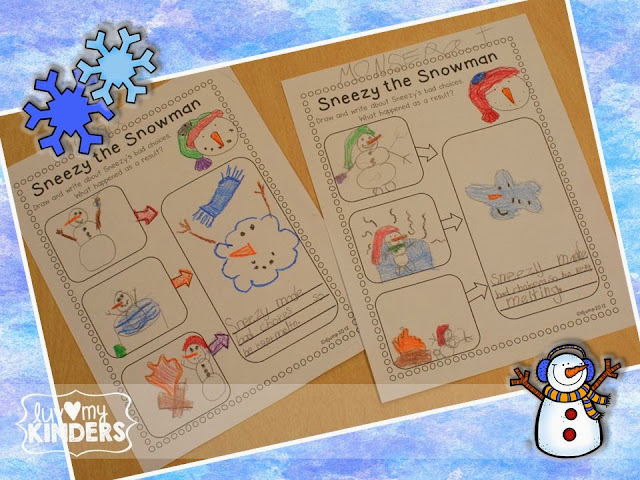This week we are on Chapter 7 of Teaching with Intention all about Assessment, Reflection and Next Steps. I am co-hosting this chapter with the wonderful Chris from Famous in First. You should follow him he's got some great ideas.
Often times when we hear the word Assessment we cringe. For many they instantly think of those horrible state mandated tests that stress us and our students out. But those aren't the assessments that are the most important. No, the formative, ongoing assessment we do with our students day in and day out are the most important. Once we get to the big year end test, the learning is over there is no way to go back, but by using formative assessments weekly, even daily we are able to tailor our lessons and choose the best next step for our students in their learning. I loved this quote from the book...
"When we ask students to make their thinking visible during the process of learning something new, these authentic responses are the kinds of formative assessments that guide our instruction."
The first way we can accomplish this is through conferring. When we sit with our students and ask them to explain what they have learned. This can be during small group time or even while circulating the room during a whole group lesson. We gain insight into where they are with their learning.
Next we need to be listening in to our students talking with and teaching one another. We do a lot of this in my class. We have partners and after we go over a concept I have them turn and tell their partner what we have just learned. You can quickly scan the room and see who got it and who didn't. In older grades this can be working together on a research project, coming up with questions and finding the answers in text or from their schema, prior knowledge. It will look different in each class but we can learn a lot by how our students are working with one another.
This goes right along with the next area that of observing. We need to really take a look and watch what they are doing, not just what they are saying. Are they engaged, excited, eager to learn more? Confident in what they are doing or are they needing more support?
Examining student work product is yet another formative assessment. This is concrete evidence that they have grasped the concept we are working on. This can be in a writing explaining what we are working on, post it notes with their questions or answers on a particular research project even a simple exit ticket.
Finally reflecting, sharing and teaching is the last area of formative assessment. We need to take notes when our students are teaching with one another. Reflecting on what they have learned through a discussion with their peers or with us in one on one sessions and when they are teaching one another.
So what do we do with all of this information we now have. We must decide the next steps to take. With this varied data we can formulate where our lesson needs to go next. Are they ready to move on to the next step? Do they understand the concept, but need to learn how to take notes better to grow as a student? Have they got it and the light bulb is shinning bright. That is the goal isn't it that our students are progressing and learning and enjoying learning all at the same time.
Some questions you might want to ask yourself are?
What formative assessments am I currently using?
What formative assessments do I need to incorporate?
Am I using this data to determine what the next step in my lessons will be?
Here is a great Freebie scoot game that you can use to assess your students on counting and cardinality.
Are you following along in the book study. Be sure to link up your post and I look forward to reading your thoughts!


























0 comments :
Post a Comment